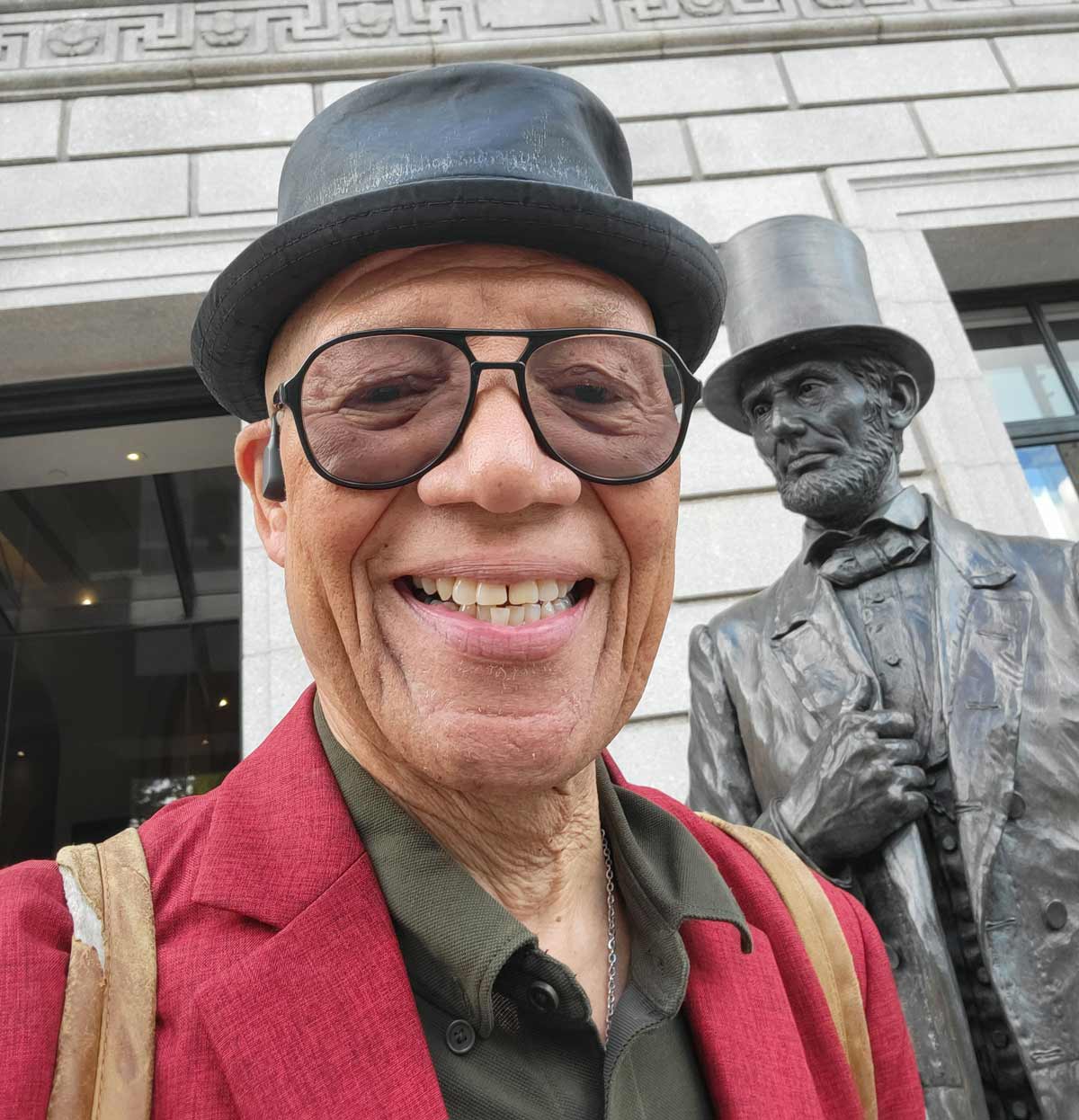Business
Business Professor Wallace Ford on Being a Next-Level Entrepreneur

During the last two years, Black-owned businesses have been getting the necessary recognition for creating innovative enterprises and giving back to communities. August is Black-Owned Business Month, so Our Time Press interviewed W/MBE program pioneer Dr. Wallace Ford, Associate Professor, Medgar Evers College Department of Public Administration in the School of Business. Since the early 1980s, he has launched the official W/MBE programs for New York City and New York State. Dr. Ford is a Dartmouth College and Harvard Law School graduate and is currently on Mayor Eric Adams’ “New” New York blue ribbon panel analyzing the New York City economy post COVID.
OTP: What do you think about the current state of Black-owned businesses in New York City?
WF: If you’re going to look at the state of Black-owned businesses and where they are and where they’re going, we have to begin with an understanding of what happened during the COVID pandemic. It’s still happening. When I served on Mayor DeBlasio’s Small Business COVID Task Force, we saw significant segments of New York City Black-owned businesses evaporate and slowly go out of business. One day they were there, and the next day they were gone. They’ve been there for five or ten years.
OTP: What should Black-owned businesses do?
WF: Black businesses need to rethink and reconfigure what business even looks like. There’s more of a digital emphasis. Understanding that whatever line of business you’re in, you need to look at it from a different standpoint. That means networking and understanding the needs of the company. People have to change to serve the needs.
OTP: Why is entrepreneurism becoming popular with Black youth?
WF: I think the younger people have looked around and found ways in which business opportunities have evolved, like networking and using digital platforms. There’s definitely a lot of collaborations and, most importantly, agility. The technology we are using today will not be the one we will use five years from now. So, investment in brick and mortar like we did ten years ago might not be a good idea. There are a lot of opportunities but in different areas. You have to be more creative, innovative, and open to change. I tell my students at Medgar Evers that you have to be prepared for change. And, know what you don’t know. In 10 years, we don’t know what business will look like and what business opportunities will exist ten years from now. But we need to be prepared. To be agile and open to innovation.
Look at media influencers. If I told you ten years ago that being a social media influencer would be a multibillion-dollar business opportunity. You probably would have dismissed me. But look where we are now. So, with the next generation, some types of business activities that we don’t see now. We must embrace and utilize it for our benefit because somebody will do that.
OTP: What advice would you give start-up Black businesses?
WF: With the whole social media digital universe out there, it offers the opportunity for people to start businesses without renting huge amounts of space or lots and lots of equipment for lots and lots of people. People will see needs and find ways to address them differently.
OTP: What do you think about the media, at last, celebrating Black-owned businesses with news stories and corporate commercials?
WF: I think it’s fantastic. I’m hoping that it will encourage young people in high school or college to look at entrepreneurial initiatives not as a fallback but as a real aspirational goal. It’s great to own your own business and be the captain of your ship.
Do you have the skills to be an entrepreneur? Wallace Ford offers advice on the skill sets necessary to be a business owner.
First evaluate yourself. Do you really have the drive to produce things your way?
Are you willing to be in a constant state of learning? Whatever business you’re in, three years from now, it will be different. And if you’re still looking at the playbook from three years ago, you may be left behind. In a constant state of learning, you should be open to innovation.
Be available for collaboration. Nobody knows everything. Bill Gates, Steve Jobs, and Mark Zuckerberg knew how to build teams. They got the best people to help them advance their mission and goals. To get people to share in that belief and that mission.
There is an unimaginable amount of work going into making your business. It’s not a 9 to 5. It’s 24-seven. You must be prepared to make a full absolute commitment.
Be prepared to address failure. Most entrepreneurs and successful businesses have faced failure and setbacks. If you’re not prepared for defeat and setbacks, then don’t do this. Everybody gets punched in the nose, and that’s when you discover who you are.
Interview conducted By
Fern E. Gillespie


